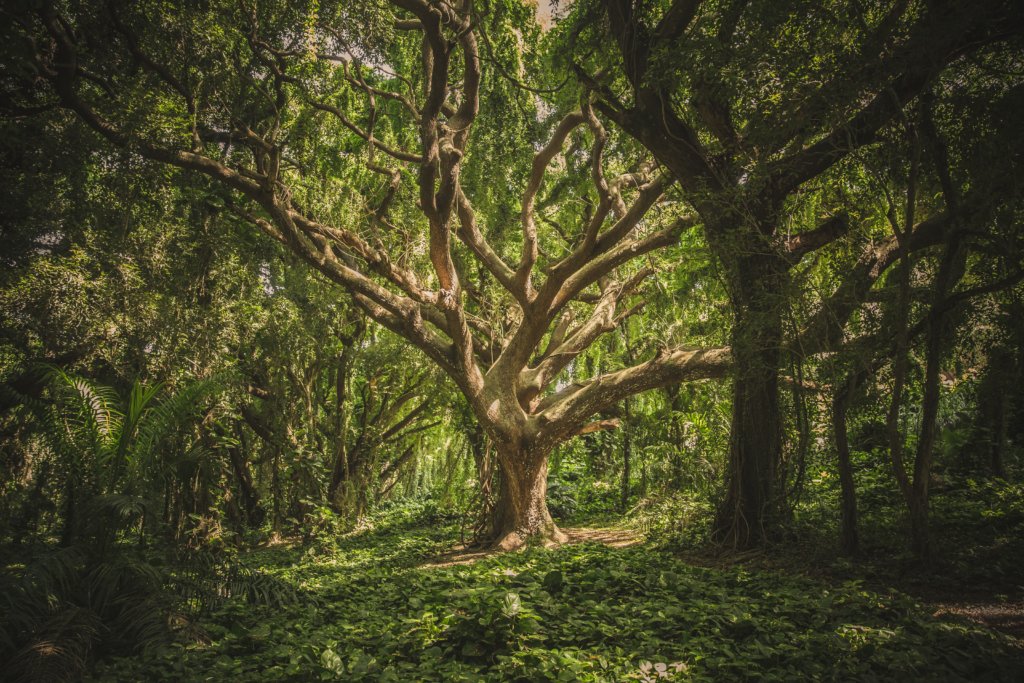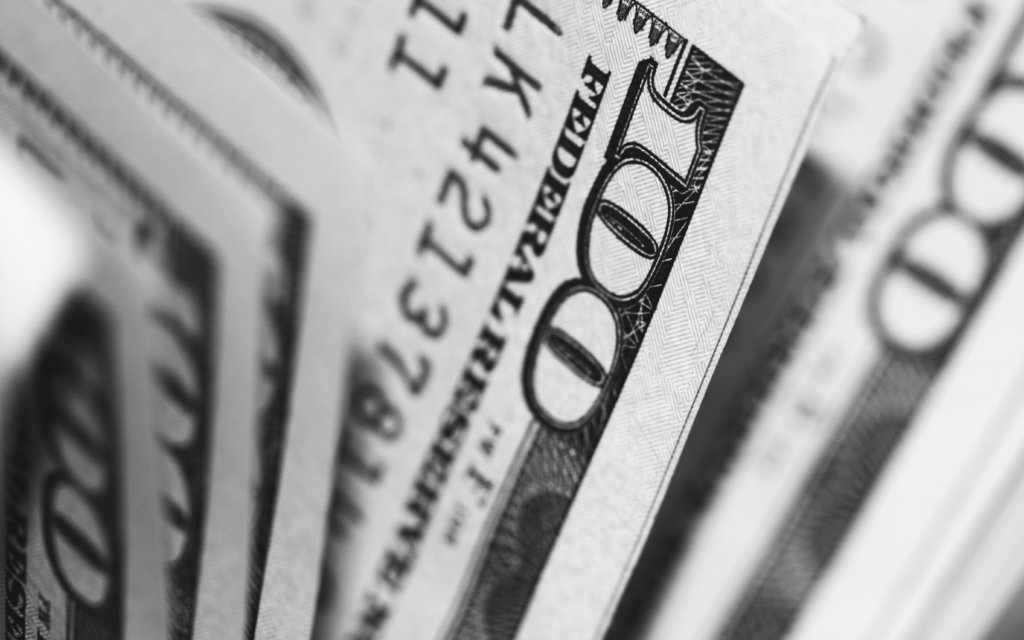The other day my Lyft driver said the word “thug” with so much derision it sounded like a slur. Frankly, I think that’s how he meant it. He also praised a town in California that restricts the number of residents by not building any new dwellings, and the town would rather pay penalties than allow section eight housing. What astounds me is this guy presumably thinks society would be better off if all towns quarantined the poor and people of color as if they were deadly viruses.
I understand this already happens to a large degree – many places stratify according to socioeconomics and/or ethnicity – but it’s shortsighted and unnatural. I read a fascinating article about trees the other day. Did you know a tree can be only as strong as the forest that surrounds it?
Neighboring trees help each other through their root systems either directly, by intertwining their roots, or indirectly, by growing fungal networks around the roots that serve as a sort of extended nervous system. Why do they do this? According to German forester Peter Wohlleben, it’s because like in human communities, there are advantages to working together. He said:
“A tree is not a forest. On its own, a tree cannot establish a consistent local climate. It is at the mercy of wind and weather. But together, many trees create an ecosystem that moderates extremes of heat and cold, stores a great deal of water, and generates a great deal of humidity. And in this protected environment, trees can live to be very old. To get to this point, the community must remain intact no matter what. If every tree were looking out only for itself, then quite a few of them would never reach old age. Regular fatalities would result in many large gaps in the tree canopy, which would make it easier for storms to get inside the forest and uproot more trees. The heat of summer would reach the forest floor and dry it out. Every tree would suffer.
“Every tree, therefore, is valuable to the community and worth keeping around for as long as possible. And that is why even sick individuals are supported and nourished until they recover. Next time, perhaps it will be the other way round, and the supporting tree might be the one in need of assistance.”
It seems so obvious, noting at one time or another we may be in need of assistance, yet somehow it’s not. We praise rugged individualism in the U.S. as if that’s a good thing. We pretend a person can be separated from others and thrive. Human beings are social creatures, we need other people to survive, yet we operate as if the problems of those down the street have nothing to do with us, as if there is an “over there” and an “over here.” We are already living in a community, we are all already sharing the same resources, and in order for us all to thrive, it’s important we remember that. And that’s the sort of world I want to live in.
I dream of a world where we remember we are all in this together. A world where we realize isolating ourselves from problems doesn’t make them go away. A world where we remember we can only be as strong as the community around us. A world where we realize a tree is not a forest and a human is not a community.
Another world is not only possible, it’s probable.
Right now the funds in my bank account are low – I am one of those people who lives paycheck to paycheck. I think it’s fair to say I’m a slave to my paycheck and I’m not the only one. If I lost my job tomorrow, I’d be in big trouble. I notice there’s a part of me, a teeny part, that feels ashamed of that. Like if I’m poor it’s my fault because I’m not budgeting well or proactive enough. There might be some truth to that, but also I take a look around me and notice I’m not the only one experiencing this. And if I’m not the only one experiencing this, doesn’t that point to something systemic? Yes! It does!
A friend of mine works as a finance professor in a major metropolitan city and he told me something we don’t like to admit about capitalism is it requires an economic underclass. In order for capitalism to function, someone has to get the short end of the stick. I’ll remind you this is not coming from a pinko-commie, this is coming from someone who teaches finance at a well-respected university.
The ugly truth about capitalism is it requires exploitation. I read a fascinating article the other day about the myth of the ethical shopper. The author, Michael Hobbes, wrote that these days, it’s not the U.S. that’s a major culprit of sweatshops, it’s other countries. Indian children subsist off of pennies a day making clothing not for Americans, but for Indians or Chinese. Hobbes also said the production cycle is so divorced from people at the top, no one really knows where their clothes are made. Contracts subcontract out over and over again until the whole thing becomes a tangled mess. And for people in those sweatshops who try to unionize, the company says, “See you later,” and goes to another country where regulation is more lax and they can pay people less. As long as we care about getting something for the lowest price possible, we’ll continue to have this situation.
It’s not only a developing world problem, by the way, it’s also in the good old U.S. of A. Women are still paid less than men, and women of color really get shafted. And let’s not forget the exploitation rampant in sectors like food. The working conditions for people who pick produce is appalling. I bring this up because we pretend capitalism can work as a system, that it only needs a few tweaks. We pretend that anyone can become a millionaire if they only remove their mental blocks to abundance. That may be true, but what about everyone else?
Did you know approximately eight people own half the world’s wealth, according to Oxfam? The Economist takes issue with the math, but even they conclude a small number of people own half the world’s wealth. That means the rest of us are fighting for a small piece of pie. I don’t know about you, but I’m not OK with this. We have a minimum wage, why don’t we have a maximum wage? Why don’t we have rules about how much wealth one person can own? If that sounds too communist, OK, then how about enhancing our social safety nets? Right now, the U.S. government is cutting funding for food stamps, Medicare, and other social services. If I lose my job tomorrow, I’m more likely to lean on friends and family than the government. Isn’t the government supposed to be of the people, by the people, and for the people? I’m sure not seeing a lot of that.
I realize this post is not an optimistic one, but in this instance, I think it’s important to acknowledge the ugly truth. Until we do, we’ll never see the changes we’d like in our society, and I long for those changes.
I dream of a world where everyone everywhere has their basic needs met. A world where we aren’t slaves to our paychecks. A world where we can lose our jobs and still be taken care of. A world where we start treating all living beings as worthy and deserving of respect.
Another world is not only possible, it’s probable.

